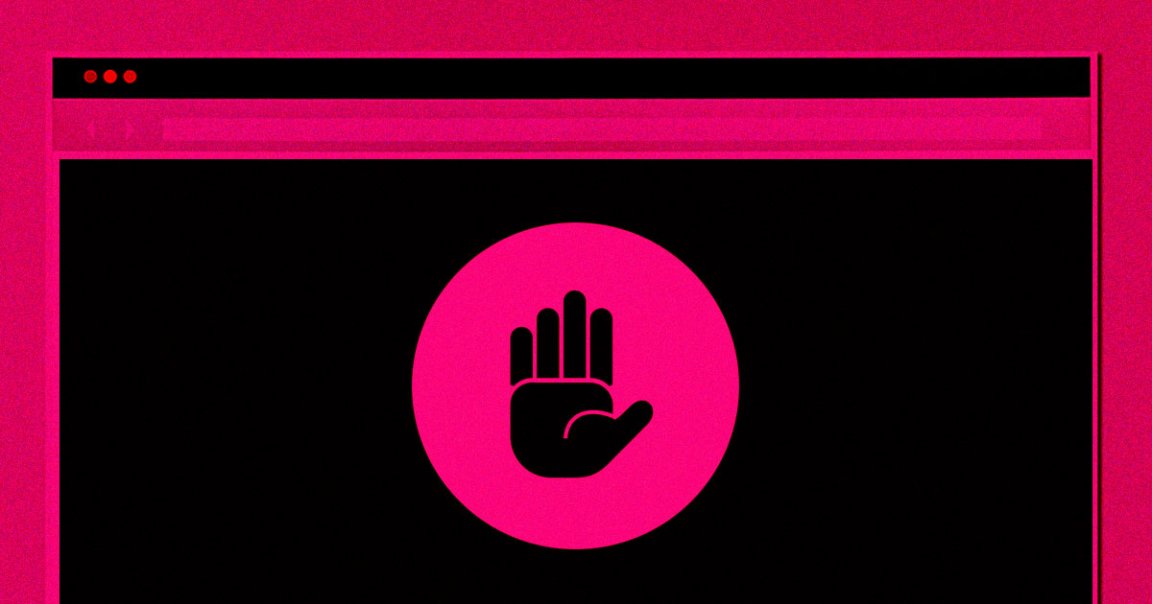
As of January 1, anyone located in Louisiana is required, by law, to provide digital proof of their government-issued ID — uploaded by way of third-party services — if they want to watch porn.
Though proffered by its backers as a means of protecting children from consuming potentially damaging hardcore adult content, the bill has been met with both confusion and concern by Louisiana residents, who say the requirement feels unwelcome and invasive. Yes, kids need to be protected. But the new law, critics say, might turn into a major data liability, not to mention a version of totalitarian moral policing.
In other words, the state and a good chunk of its people seem to be very much at odds. But while they’re clearly both major players in the debate, they aren’t the only parties involved. The new law impacts performers’ livelihoods as well — and some are starting to speak out.
“I personally do not foresee this as anything more than an invasion of one’s privacy,” Allie Rae, an OnlyFans creator and Navy veteran, told OutKick, “and/or an attempt to penalize porn companies and increase the stigma on this industry further.”
“I 100 percent standby requiring all forms of identification for performers/creators on any adult platform,” she continued, “but telling a grown adult they have to show their ID before they can see/consume some porn, is absolutely absurd to me.”
Rae makes some strong points. By the law’s written language, it only applies platforms if “33.3 percent” or more of a site’s content is pornographic — rendering it useless against sites like Twitter and Reddit, on which porn is both very prevalent, often incredibly illegal and damaging, and difficult for moderators to keep up with.
That in mind, the bill appears designed to target porn-specific providers like Pornhub and OnlyFans, as well as those who perform — and thus make their livings — on them. (Meanwhile, it’s worth noting that on the porn consumer’s side, it certainly instills a fear that one’s most personal data might go into a government-accessible lockbox somewhere — which, if just ideologically, feels like somewhat of a hinderance of individual sexual freedom.)
“This Louisiana law doesn’t really care about protecting,” said porn star Brandi love, who also spoke to OutKick. “It cares about penalizing porn companies.”
“And if everyone starts surfing behind a VPN,” she added, noting that simply installing paywalls can be an effective deterrent against motivated teens, “the law will become useless overnight.”
Indeed, we cannot stress enough how ridiculously easy these so-called protections are to get around, especially when you take into account how famously good at navigating technology kids are. Plus, most VPNs are free, which lowers the barrier for any kids looking to install one.
Both performers, as noted by OutKick, were careful to say that they do believe that kids should be protected from porn. But again, considering how easy it is to get around Louisiana’s newfound digital blockade, it’s unclear how this law is capable of doing that at all.
As of now, all it really seems to have done is place a target on the porn industry’s back — and perhaps, pave the way towards tighter restrictions down the line.
READ MORE: Women in the Adult Content Industry React to Louisiana Porn Law: Exclusive [Outkick]
More on Louisiana porn: New Louisiana Law Forces You to Upload ID to Watch Porn Online